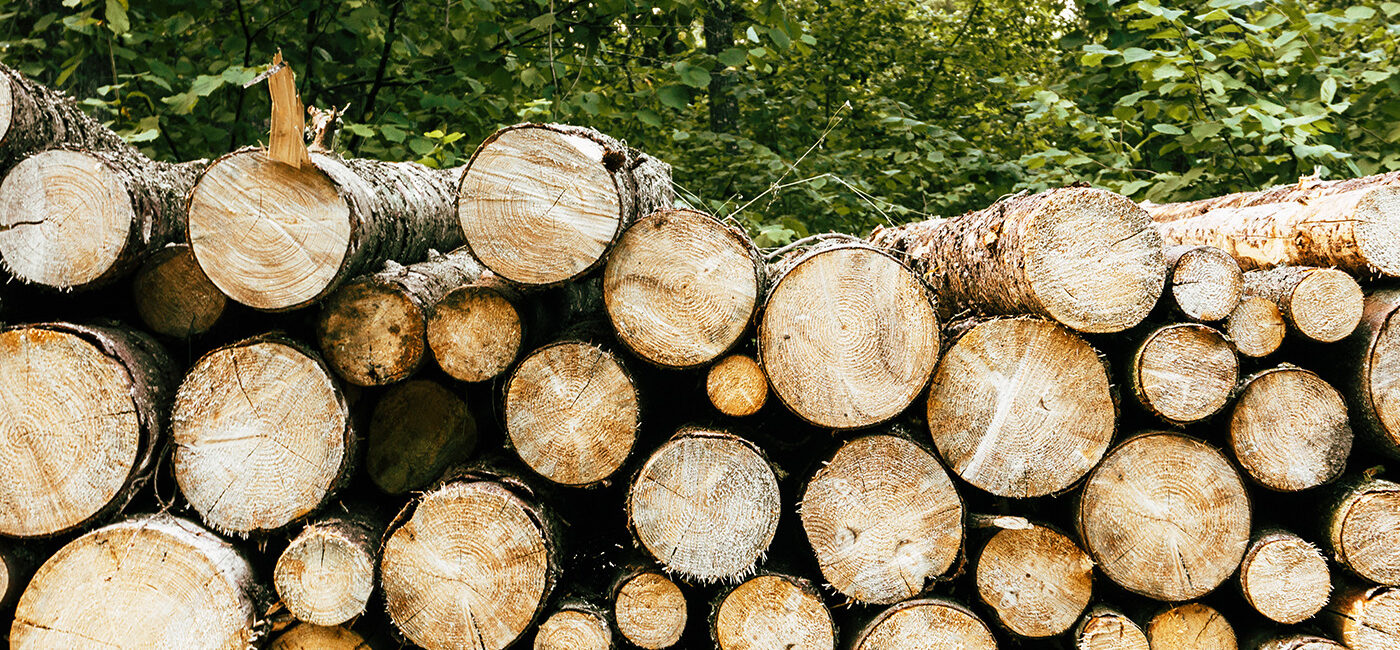As plants grow, they absorb carbon from the atmosphere in the form of CO2 by using energy from the sun. If the plants are eaten by animals then the carbon is converted into animal biomass. If plants are not eaten, then the plant material is broken down, either by rotting or by burning; thus carbon dioxide is released back into the atmosphere. This process is known as the carbon cycle.
Burning biomass fuels causes a Closed Carbon Cycle, as we are taking carbon out of the atmosphere while it is growing, and returning the same amount as it is burned. There are CO2 emissions associated with harvesting, processing and transporting timber fuels, so biomass is classed as a low Carbon fuel.
The key difference between burning fossil fuels and burning biomass is one of time scale. Burning fossil fuels releases carbon that was locked up in biological material millions of years ago, which leads to increased CO2 levels in today’s atmosphere.











